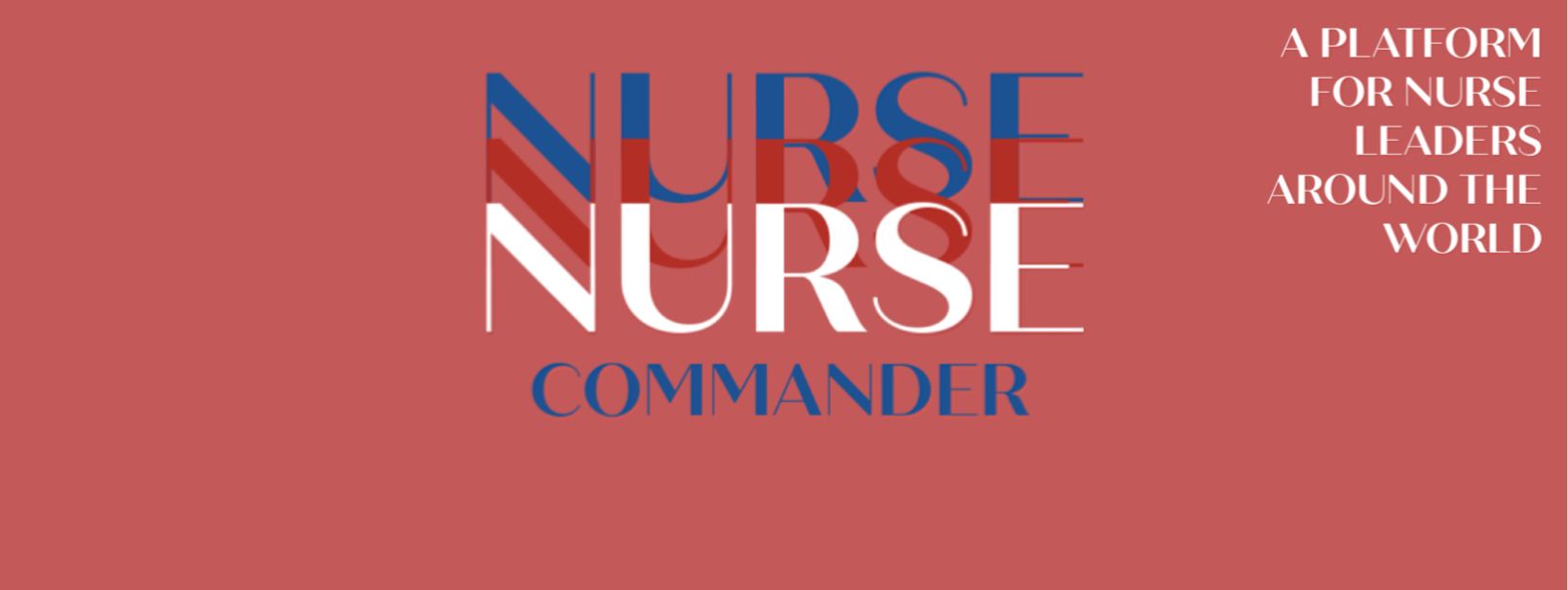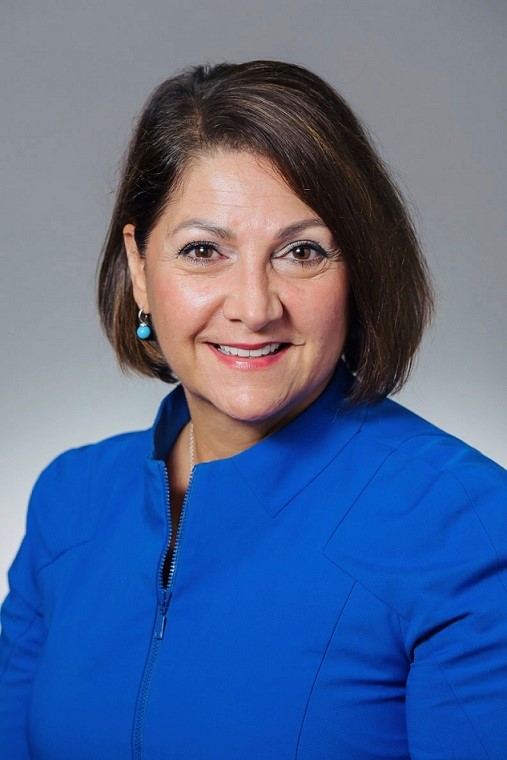Dr. Jackie Rowles, DNP MBA, CRNA, ANP-BC, FAAN, is President of the International Federation of Nurse Anesthetists (IFNA) working to advocate for and strengthen global nurse anesthesia and a former President of the American Association of Nurse Anesthetists (AANA). In 2018, Dr. Rowles received the IFNA Hermi Lohnert Award for Outstanding Global Leadership and Education. Dr. Rowles represents IFNA as a permanent council member of the G4 Alliance — a global alliance for safe surgery, trauma, obstetrics and anesthesia care and a member of the World Health Organization’s (WHO) Global Initiative for Essential and Emergency Surgical Care. Dr. Rowles serves on the World Federation of Societies of Anesthesiologists (WFSA) Global Manpower Workgroup and the Anesthesia Core Competency Workgroup. Dr Rowles specializes in pain management and speaks globally on pain management and the opioid crisis, is a Professor of Professional Practice at Texas Christian University School of Nurse Anesthesia and Director of their Advanced Pain Management Fellowship program.
Dr. Rowles identifies international information and resource sharing as being critical during the COVID-19 crisis. “The IFNA is a close community with 43 country members including 5 countries from Asia, 14 from Africa and 23 from Europe.” For the past 10 weeks, we have been holding weekly virtual Grand round meetings hosted by faculty from the Northeastern University Nurse Anesthesia Program as a forum to share information and resources and to learn from each other during the crisis. We summarize trends, share reports, translate publications, and disseminate information globally amongst several of our African country peers. Much of that information has also been shared with other IFNA countries.”, said Dr Rowles. “Asia’s experience with SARS and MERS has been helpful especially with initial lockdown efforts and strategies to lessen impact of the impending second wave with reopening efforts. Liberia’s experience with Ebola has been helpful in reviewing steps taken to isolate and care for the surgical patient, such as establishing triage areas outside the facility and considerations for proper use/reuse of PPE. The frustration in Africa is that they have the knowledge and know what to do, but lack resources such as uninterrupted electricity that has been a major barrier to their response efforts. Nordic countries have seen less severe cases of COVID and Sweden, for example, has focused on building herd immunity leading some to suggest a genetic heritage link may be at play. The USA is educating ourselves and our international peers on how to adapt anesthesia ventilator for long term ICU use as we are forced to address equipment shortages,” said Dr. Rowles.
The crisis has shown nursing to be a very adaptable and flexible workforce during the COVID-19 crisis. For example, many CRNAs, because of their critical care background, were able to step into leadership roles in the ICU as intensivists and serve on hospital wide intubation and ventilator management teams. Nurses are in the spotlight and being recognized for their critical role they play in the health care system. However, nurses need to do a better job of self-promoting and securing a seat at more decision-making tables, said Dr Rowles.
Call to Action
Getting more involved begins with you! Some ways to get active include:
- Volunteer for Committees
- Meet with policy makers to discuss policy that impacts your practice
- Do research. Most nurses implement and collect data especially in quality and safety. Track data and follow up on the results.
- Give back through mentorship
- Join professional nurse organizations and multidisciplinary associations

